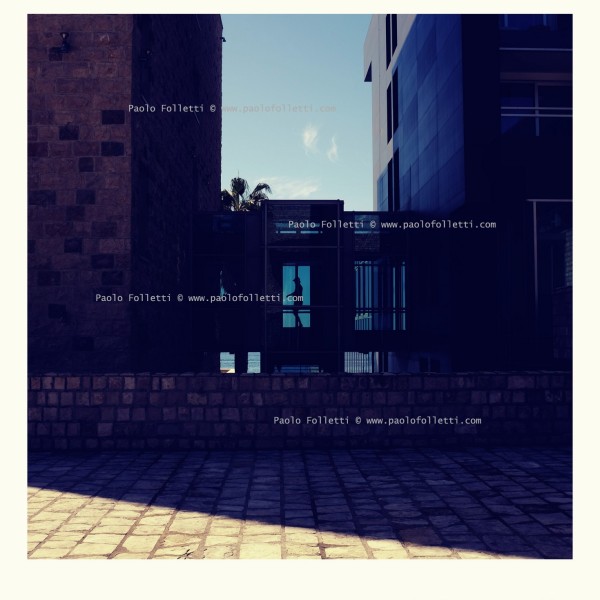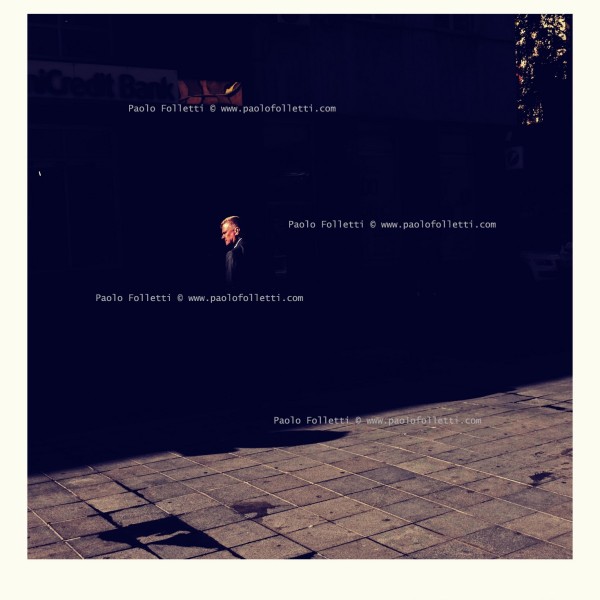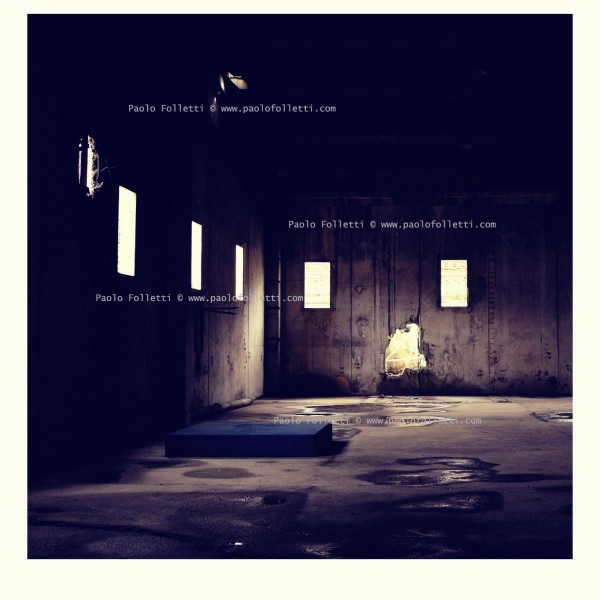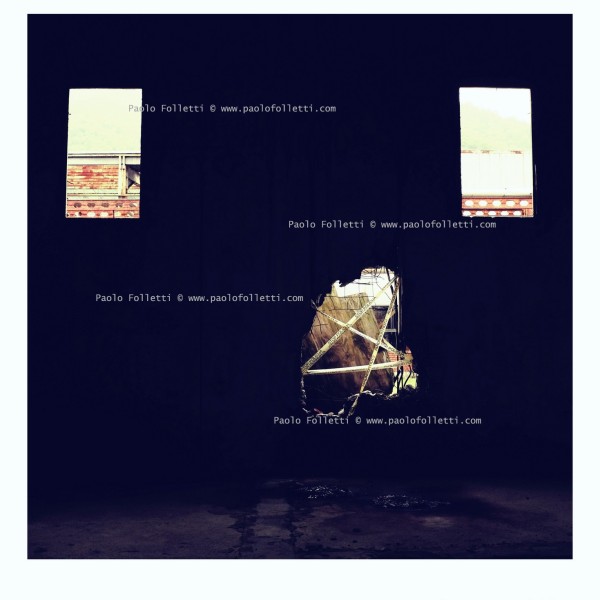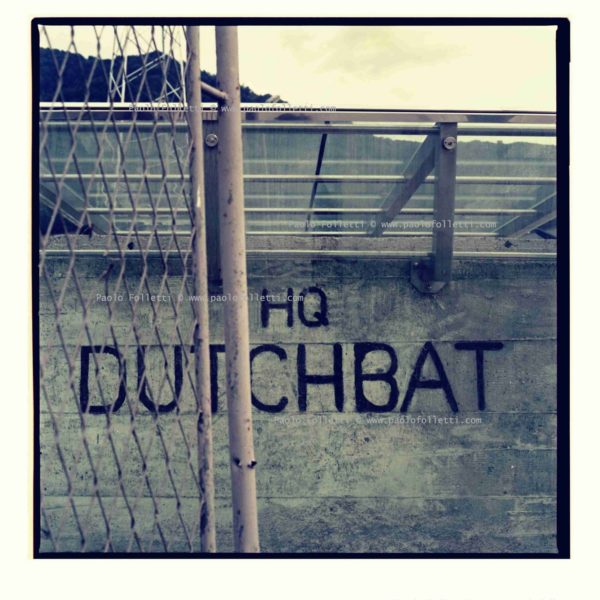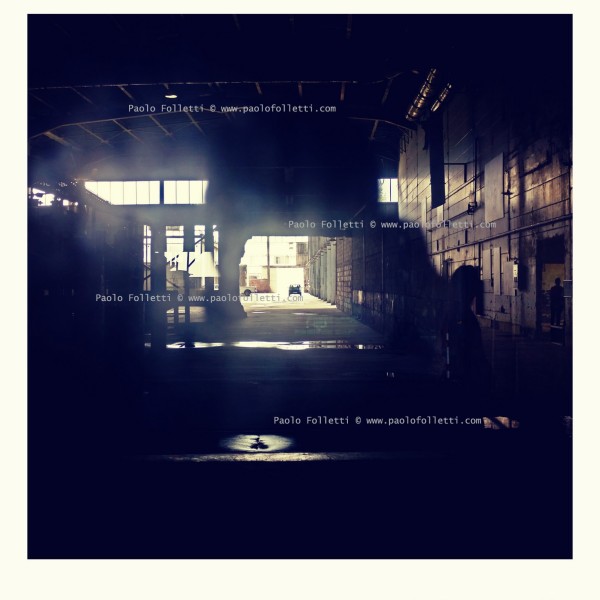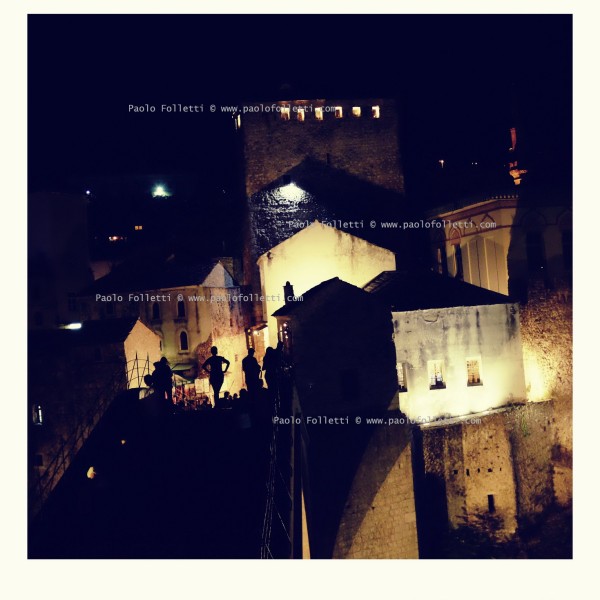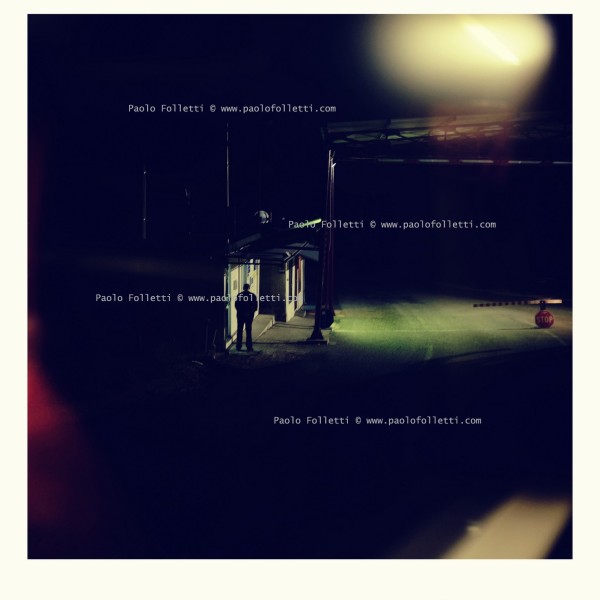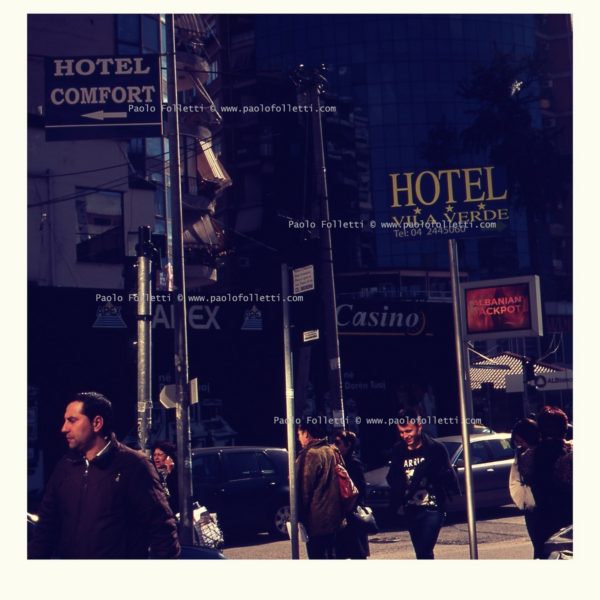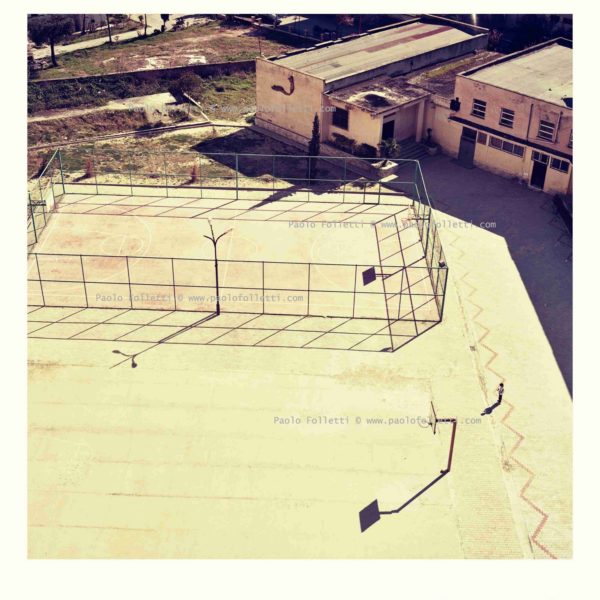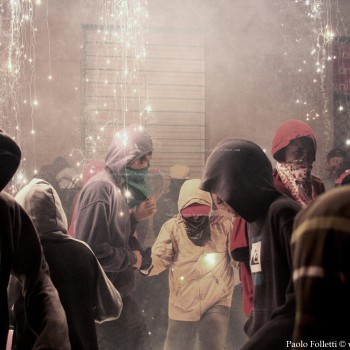Balkans
Project Description
The Balkans produce more history than they can digest, said Winston Churchill, but the specific story he does not specify. The signs of the twenty-first century’s folly cannot be forgotten or buried by time. Storms of idealism, of xenophobia, of political and economic interests make this area a diamond in the rough, a stormy sea. Pristina, Budva, Sarajevo, Mostar; each of these black pearls carries social and physical scars of conflict, social heresies supported by mad bloodthirsty controllers, archaic conflicts for a piece of land that is not even a hundredth of the world. There are places where the commemoration of thousands of victims is still captured through the eyes of those who do not want to see for fear of finding themselves in the other, recognising the senselessness of the act. Srebrenica is the crevice where all the innocent people who have caved, signed a contract, an agreement with the history, with the capital and the common opinion. This is also the place where the knights shining armor of the western stables have lost the silver, and their pride is dissolved in front of billions of people who have seen, then immediately forgotten, how easily we were able to trade the blood of others for a comfortable impossibility. The defenders have closed the doors, left out the innocents to save themselves and the king, leaving the massacre to its course, without even an apologize. Through these lands, in these houses with bullet holes still in the mortar, life is trying to be born again, trying to forget. Today modernization tries to break into Sarajevo, there is reconstruction, neon signs and large chains, and the film festival, but the smell of heavy souls locked in a memory still insists. Everything seems to be waiting to emerge out of fear of losing everything has been gained, yet again. We hope that in time the dust will settle, filling, mending the wounds of history.


 English
English Italiano
Italiano